10 Essential Martech Tools for Building a Smart Martech Stack for Startups
Unlocking Growth: Top 10 Martech Tools for Startups
Marketing your startup effectively can feel overwhelming, especially when juggling multiple tasks. Enter marketing technology, or martech tools—your ultimate solution for automating processes, enhancing efficiency, and connecting with your target audience at the perfect moment. These tools are essential for tasks like email campaigns, social media scheduling, and user behavior tracking.
Startups, often limited by time and resources, need tools that are cost-effective, powerful, and easy to use. A smart martech stack can help your business grow swiftly without adding unnecessary complexity. Not sure where to start? Here are the top 10 martech tools that every startup should consider for scaling their marketing efforts.

1. HubSpot
HubSpot is a favorite among new businesses, offering a comprehensive platform that includes CRM, email marketing, and social media management. It allows you to efficiently manage contacts, automate campaigns, and track their performance. The free plan is well-suited for smaller teams, but as your business grows, HubSpot’s paid plans provide additional features. It’s user-friendly and doesn’t demand extensive technical skills.
2. Mailchimp
Mailchimp is one of the best email marketing tools for beginners, simplifying the process of creating and sending newsletters. With features like open rate tracking, template creation, and email automation, it’s easy to stay in touch with your audience. The drag-and-drop editor is intuitive, and the free version supports small contact lists, while paid plans offer advanced features for automation and analysis.
3. Buffer
Buffer consolidates your social media management, allowing you to schedule posts and track performance across platforms like Facebook, Twitter, LinkedIn, and Instagram. Its clean interface makes it easy to use, and scheduling posts in advance saves significant time. Buffer’s reports highlight top-performing posts, making it ideal for startups establishing their online presence.
4. Canva
Visual content is critical in marketing, and Canva makes design accessible without prior experience. Offering templates for social media, ads, and more, Canva lets you create stunning visuals with a simple drag-and-drop interface. Maintain brand consistency by storing your brand’s colors and fonts, and explore additional templates and team collaboration features with the subscription plan.
5. Google Analytics
Google Analytics provides insights into how users interact with your website, showing where they come from, their click paths, and time spent on pages. This data is invaluable for refining your website and marketing strategies. Free to use, it integrates easily with other tools like Google Ads, though mastering report analysis requires some effort.
6. SEMrush
SEMrush is an SEO powerhouse that helps your website rank higher on search engines. It analyzes keyword performance, competitor strategies, and site issues while offering tools for content creation. Although it’s a paid tool, SEMrush provides a trial period and is perfect for startups focusing on long-term SEO goals.
7. Zapier
Zapier automates workflows by connecting your apps. It seamlessly transfers data, like leads from Facebook to Mailchimp, without requiring coding skills. By automating repetitive tasks, Zapier saves time and enhances efficiency. It supports over 5,000 apps, and startups can start with the free plan, expanding as needed.

8. Trello
Trello is a project management tool that uses boards and cards to organize tasks, making it perfect for content calendars, marketing tasks, and team assignments. Each card can include due dates, checklists, and comments, and team members can collaborate effectively. Trello’s visual appeal and ease of use make it a top choice for marketing teams, with the free version sufficient for most small teams.
9. Hotjar
Hotjar’s heatmaps and session recordings provide valuable insights into user interactions on your site. By understanding user behavior, you can create more effective pages and enhance the user experience. Hotjar also supports surveys and feedback collection, helping startups identify website issues quickly. The tool is easy to set up and offers a free plan.
10. Typeform
Typeform creates engaging and visually appealing forms for collecting emails, feedback, or conducting surveys. Compatible with both desktop and mobile devices, it’s an excellent tool for lead generation and customer research. Typeform integrates with tools like Google Sheets and Mailchimp, offering templates to get started. The free version is sufficient for basic needs.
Conclusion
Choosing the right martech tools can propel your startup towards rapid growth and success. Whether it’s design, automation, tracking, or analysis, the tools listed here provide immense value. Begin with free versions and upgrade as needed, ensuring they’re user-friendly and aligned with your goals. A well-curated martech stack saves time, minimizes errors, and boosts marketing effectiveness. Avoid overwhelming your team; instead, focus on tools that truly support your growth journey.
For more insights on building an effective martech stack, explore our Marketing Technology Resources.
Related Articles

ECommerce Platform Comparison: Find the Best Fit for Your Business

Small Business Favorites: The Best Accounting Apps for Tiny Teams
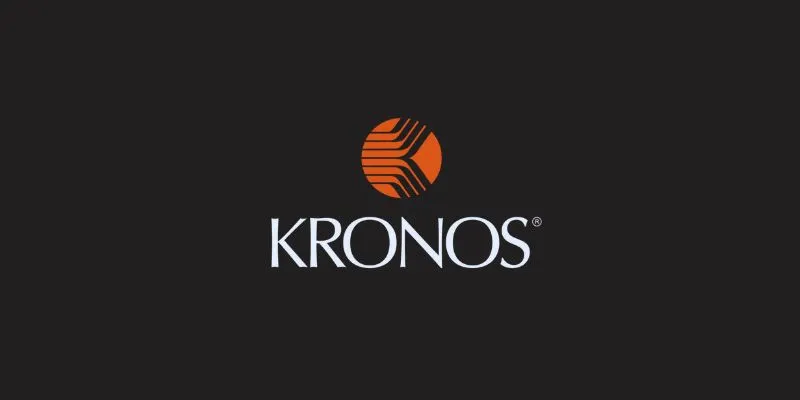
Discover the Best Kronos Alternatives for Your Small Business: Top Picks for 2025

Streamline Your Accounting: Top 5 Software Apps for Independent Contractors

User Favorites: 5 Field Service Management Mobile Apps You Should Try

Best Tools for Playwriting and Script Formatting on Any Device

Fathom vs. Fireflies: A Comprehensive Comparison of the Best AI Note Takers
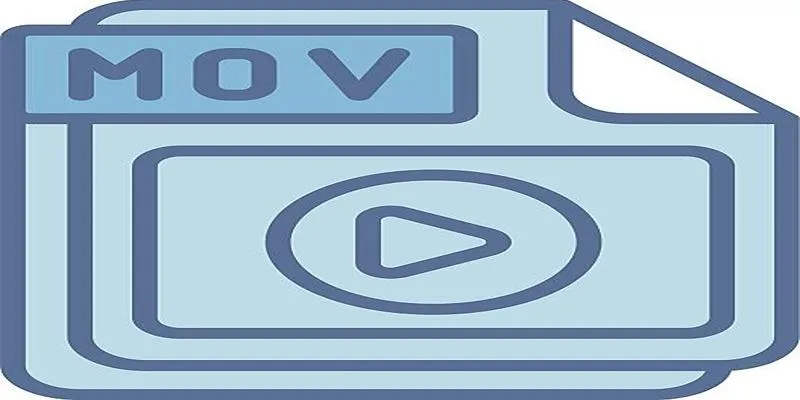
Should You Use MOV or MP4? Key Differences You Should Know
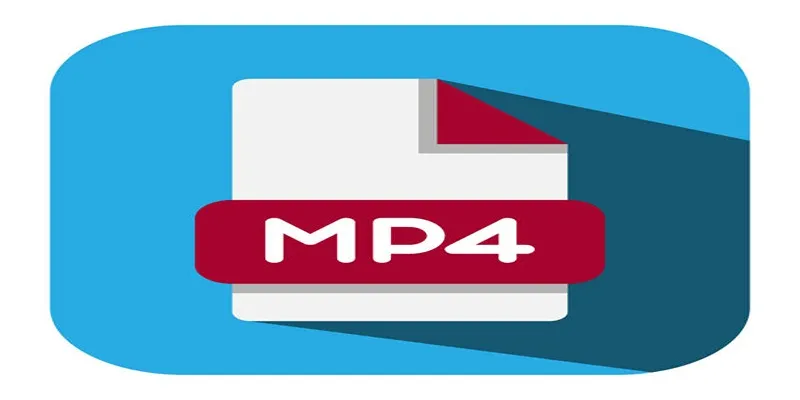
Choosing Between MP3 and MP4: A Guide to Quality and File Size
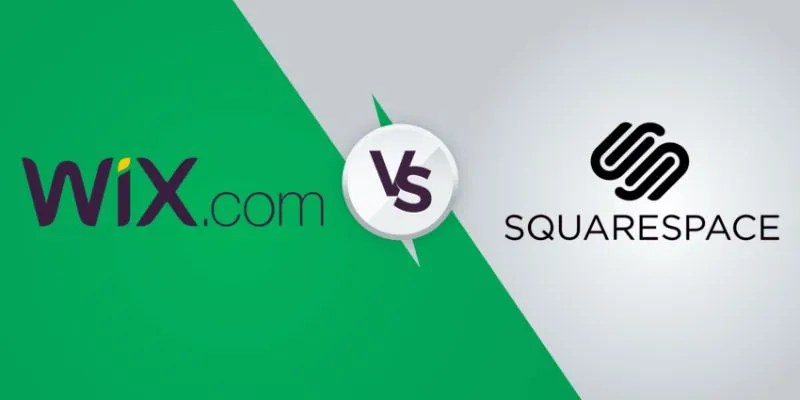
Wix vs. Squarespace: A Comprehensive Comparison to Find the Best Website Builder
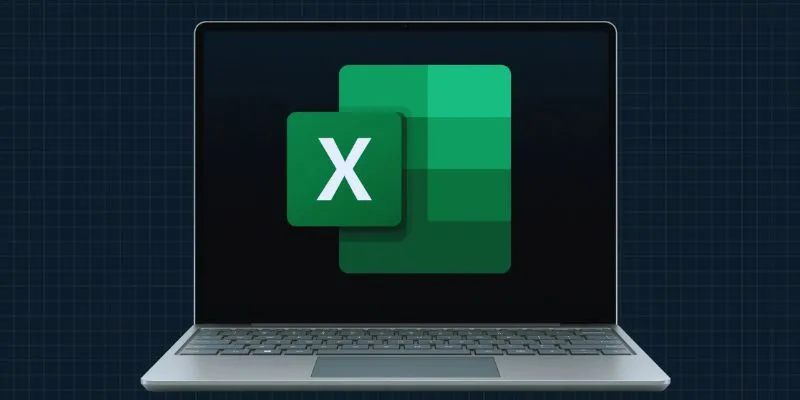
Unlock the Power of Automation: 6 Ways to Automate Microsoft Excel

The 9 Best Competitor Analysis Tools to Level Up Your Business Strategy
Popular Articles

The Ultimate Guide to Converting iPhone Videos to MP4
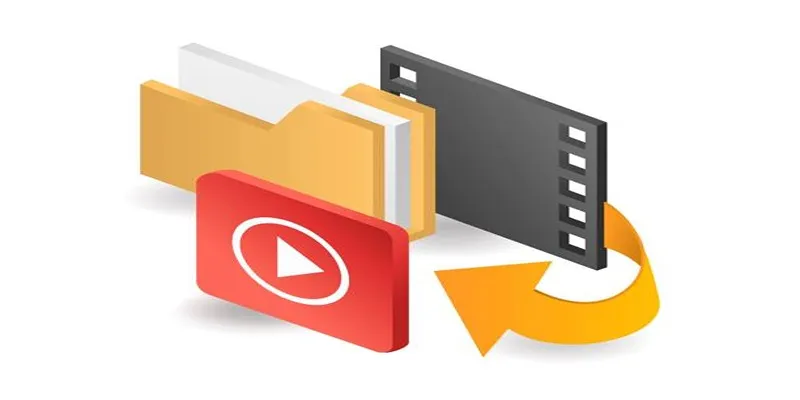
Top Methods to Convert and Crop Your Videos to GIFs

How to Easily Change Video Formats on a Mac: Simple Methods

How to Make a Lyric Video That Boosts Your Music's Impact

A Beginner's Guide to Using iMovie Theater on Apple Devices
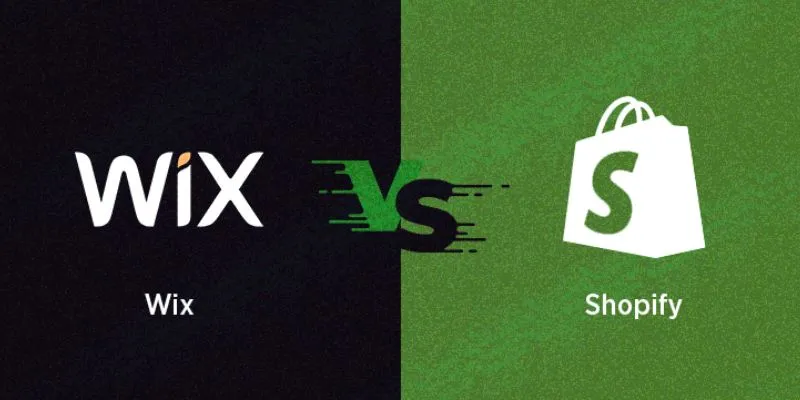
Wix vs Shopify: In-Depth Comparison for Choosing the Right CMS

Fix VLC Media Player When It Won't Record or Save

The 5 Best Note-Taking Apps for Mac: Stay Organized and Productive
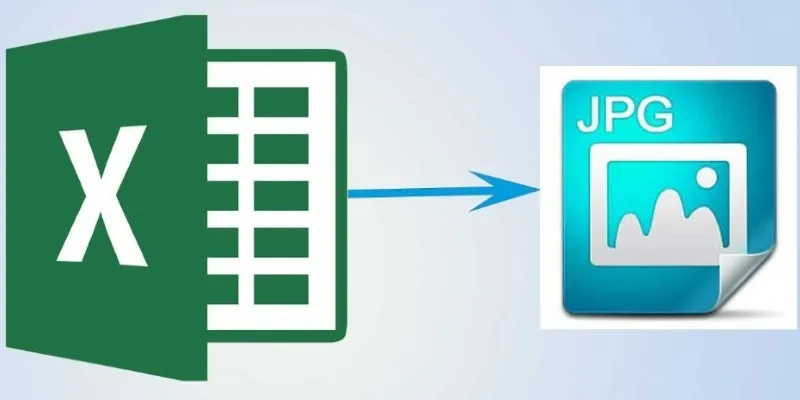
From Excel to JPG: Best Tools for Converting Charts into Images
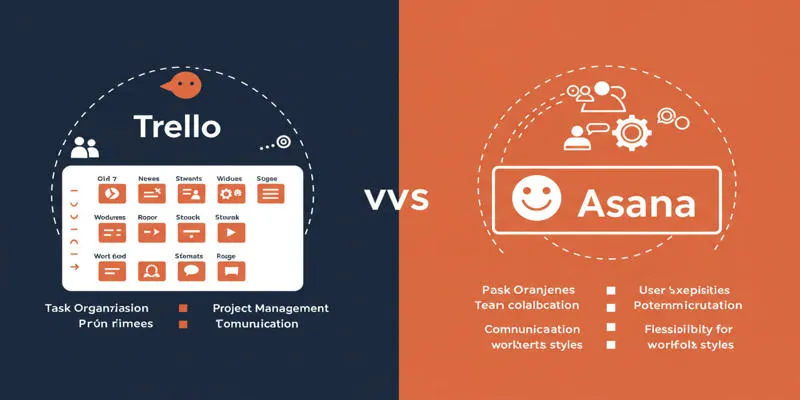
Trello vs. Asana: Which Project Management Tool is for You?
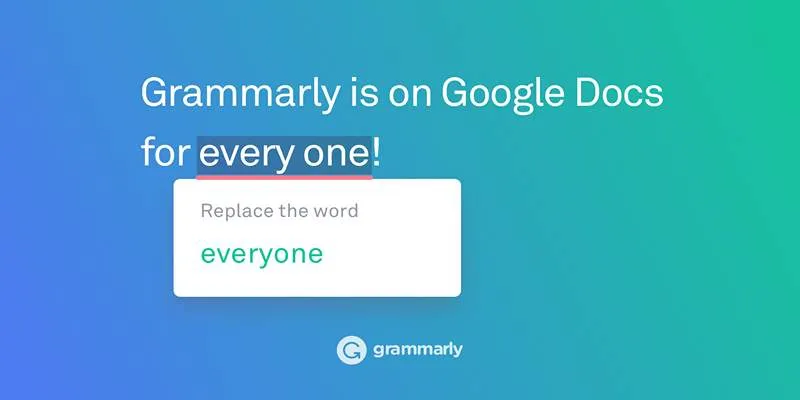
Solving Grammarly Issues in Google Docs: Quick and Simple Fixes

 mww2
mww2